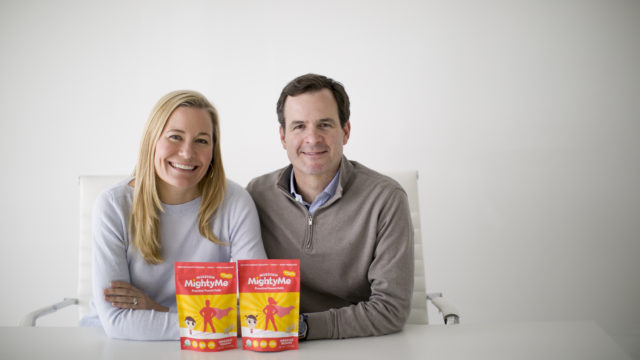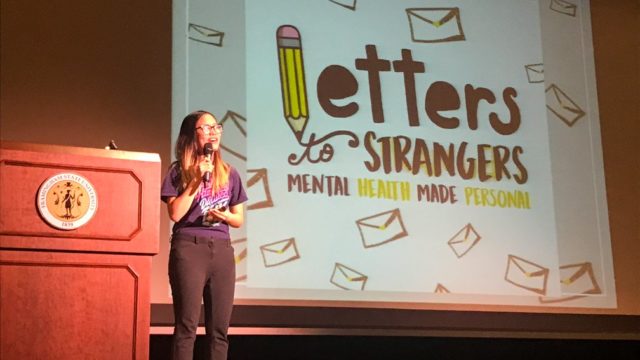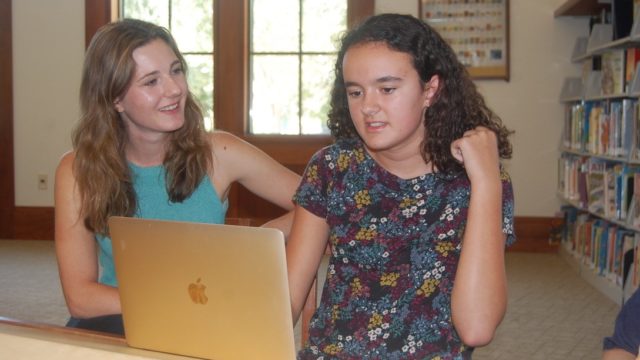From Small Town to the White House

Justin Hattan and Quintin Haynes received their Coca-Cola Scholarships 11 years apart, but even though time and thousands of miles separated them, their paths were very similar and their destination was the same.
They grew up in small towns, were student athletes and were involved in youth service organizations in high school. Justin was a founding member of a youth task force formed in response to teenage drunk driving accidents. His group provided positive, non-alcoholic social experiences for teens, such as concerts, in a controlled environment.
Quintin participated in Teen Trendsetters™ Reading Mentors, a Florida initiative focused on improving reading skills for third graders. He and other reading mentors from his high school expanded the program beyond reading to third graders, to taking them on field trips and organizing activities that exposed them to life outside the classroom. As a result of this mentorship, standardized test scores improved significantly at the two elementary schools his group mentored. Quintin was even featured in a public service announcement for Teen Trendsetters.
In college, both were active in student government, among other service organizations, and both were accepted for internships at the White House. Quintin always tells other students that he applied for the White House internship four times and he got in the last time, so they should keep trying. “Having the White House internship after I graduated actually worked out well because I was able to get hired as a finance assistant right after my internship,” he explains. His internship was in the Office of Public Engagement doing African-American and minority business outreach. “The amount of exposure and the opportunities to learn were phenomenal.”
Justin’s White House internship followed law school, three years earning his Certificate in European Union Law and occurred while he was working on his Masters program at Texas A&M, which he pursued because, “after all that schooling, I was anxious for more school.” He spent a summer interning for the National Economic Council and later landed his NSC job after he finished at Texas A&M. “I thought I wouldn’t get to do a lot as a White House intern,” he recalls. “But I got to work on substantive issues.”
His first impression of the White House was proceeding through the Secret Service check-in, which he describes as “Capra-esque.” But he grew to appreciate the history of the building and its occupants. After serving two presidents, he dishes that President Obama sleeps later than President Bush.
How does it feel to have your first real job out of college be at the White House? Quintin, who was in charge of managing finances for the White House before he moved to the Commerce Department earlier this year, says, “It’s such an honor. Who would have thought that I’d be doing that at age 22? They saw something in me and helped me develop so I was ready when the opportunity appeared.”
“I don’t want to mess up,” Justin says. “I am on a team of seven lawyers who review different issues to ensure the best legal options are laid out for the policy makers. The days are long and occasionally difficult, but I always know something exciting is going to happen during the day. And I hope I can make a contribution.”
Quintin and Justin agree that a big value of their Coca-Cola Scholarships is the Scholars network, which brought the two of them together. Initially, they were working several offices apart on the same hall and didn’t know each other, but thanks to the network, they connected.
“The Coca-Cola Scholars network spans far and wide through public service and scholarship,” says Quintin. “It’s living and breathing, and every student they bring in is a person of trust. I have connections with people I don’t know, but I do know that because they are Coca-Cola Scholars, more than likely we can have an open and honest conversation.”
“I’m impressed that the Scholars program has kept in contact with me 17 years after I received the scholarship,” says Justin. “For a couple of years after Hurricane Katrina, I went with a group of Scholars to the New Orleans area to help with the rebuilding. It’s phenomenal to be involved with a group that harnesses that type of community service. The fact that many of the Scholars are doing these types of things makes me optimistic about the future.”




